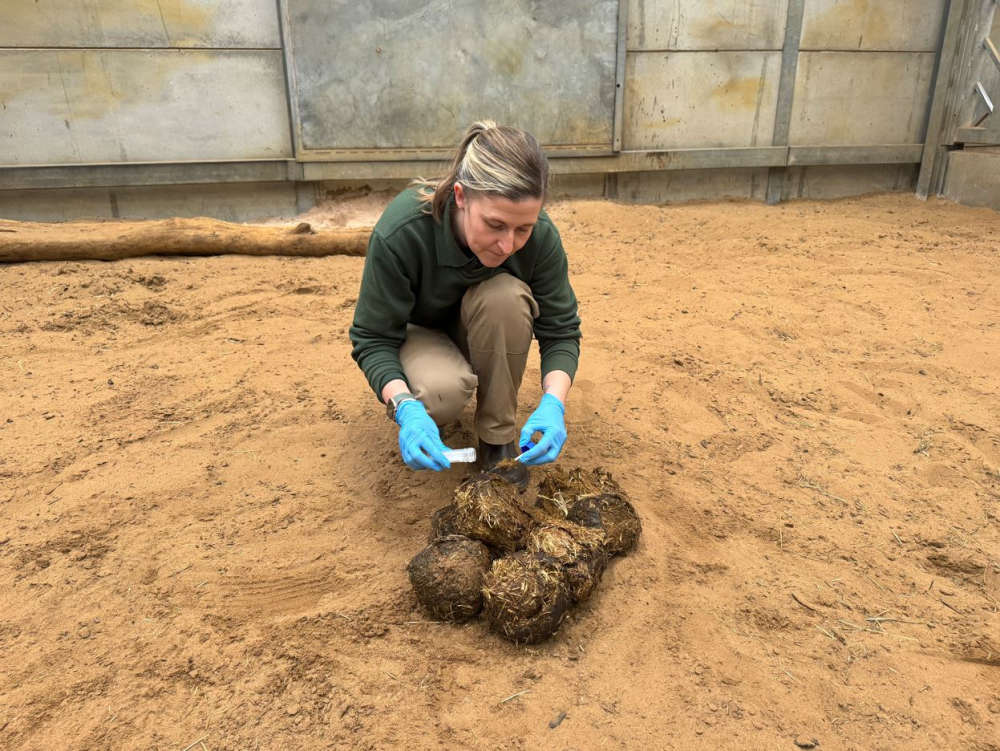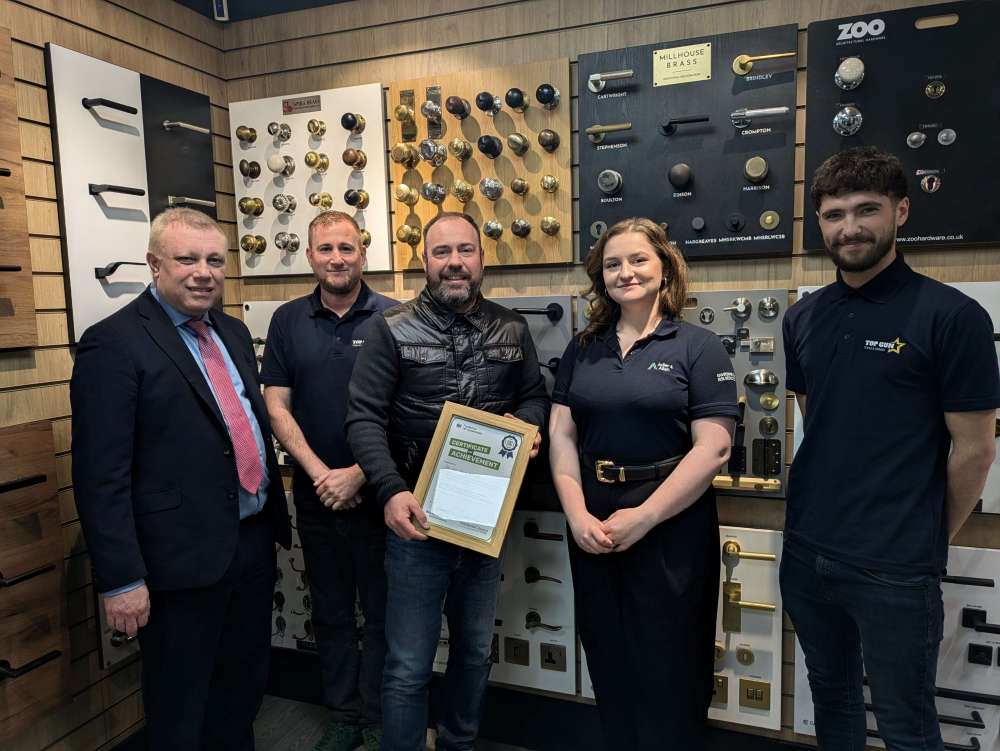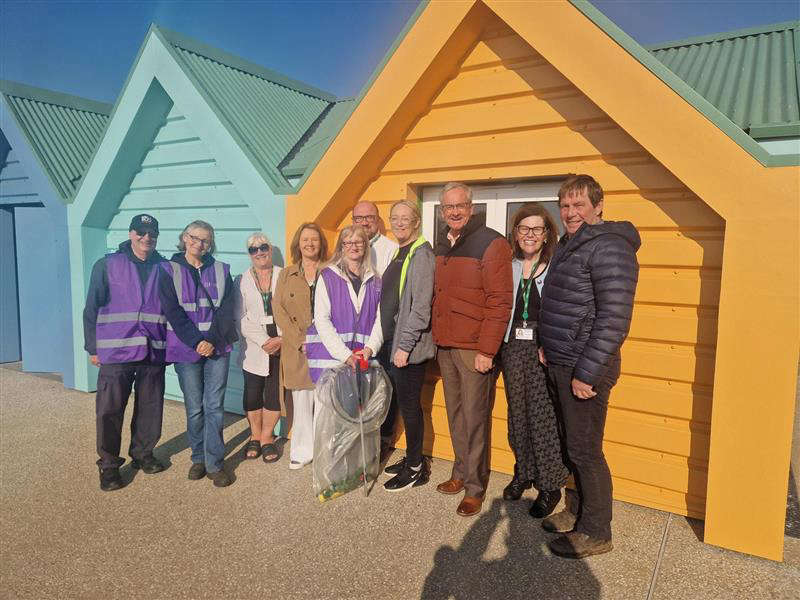
Blackpool Zoo staff are monitoring the reproductive cycles of female Asian elephants by using coloured edible glitter, which helps to identify their dung.
Following recommendations from the European Endangered Species Programme for Tara, Noorjahan and Esha, staff needed a way to successfully identify individual dung samples so they could be sent for hormone analysis.
Each individual elephant is given food containing a different colour of edible glitter, which inevitably appears in their faeces so keepers can see which dung belongs to whom.
Samples are collected twice a week and sent to cutting-edge research laboratory at Chester Zoo for analysis. The results enable the keeper team to track the females’ reproductive cycles, which occur every 13-16 weeks, and can also determine whether or not they are pregnant.
Results of the latest samples are expected in the coming weeks and Adam Kenyon, Section Head here at Blackpool Zoo, is excited to see the findings.
He said: “Project Elephant Base Camp was our largest ever investment and from the earliest stages of planning our aim was to develop a programme for the successful care and management of a multi-generational elephant herd.
“The facility combines the UK’s largest indoor elephant house with several outdoor habitats, all of which were meticulously designed to support the complicated needs of Asian elephants.
“Our resident female, Kate, was the first to move into the facility in 2017, followed by Minbu, Noorjahan, Tara and Esha in 2018 and the herd was complete when we welcomed our first ever male elephant, Emmett, in late 2019.
“In 2020 we announced the successful integration of all six of our elephants and we have been continually monitoring their social development. With the help of science, we now hope this will lead to breeding success.
"We have used edible glitter to track hormone levels of many of our animals, so it is a tried and tested method for these types of investigations.
“The team at Chester Zoo have been working hard to analyse the samples through a science called faecal endocrinology and we are hoping to get the findings soon.
“This highly intelligent and complex species is endangered in the wild and by collaborating, sharing research, and exchanging ideas, zoos play a crucial role in the global effort to protect and conserve these majestic animals.”
Project Elephant underpins the Zoo’s ongoing commitment to the endangered Asian Elephant.
The species has been listed as endangered on the IUCN Red List since 1986. The population has declined by at least 50 percent over the last three generations, estimated to be 60–75 years, with threats including loss of habitat, habitat degradation, fragmentation and poaching.



 Plans revealed for new rides at South Pier
Plans revealed for new rides at South Pier
 £4m to be spent on Blackpool bus service improvements
£4m to be spent on Blackpool bus service improvements
 Blackpool business academies to continue for an additional year
Blackpool business academies to continue for an additional year
 New car park branded a ‘tarmac desert’
New car park branded a ‘tarmac desert’
 Work begins on new passenger terminal at Blackpool Airport
Work begins on new passenger terminal at Blackpool Airport
 Community Beach Hub Opens on St Annes Beach
Community Beach Hub Opens on St Annes Beach
 Blackpool property linked to drugs closed down
Blackpool property linked to drugs closed down
 Concern for missing Preston man also wanted on recall to prison
Concern for missing Preston man also wanted on recall to prison




